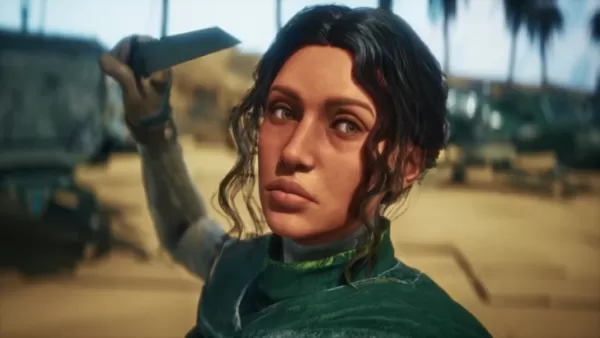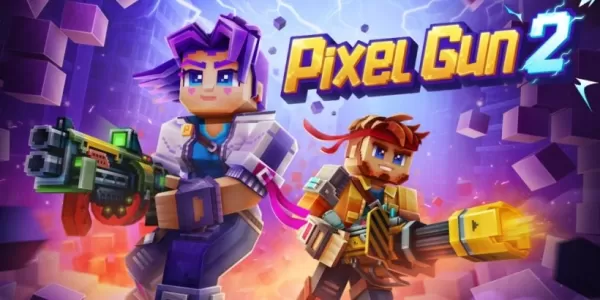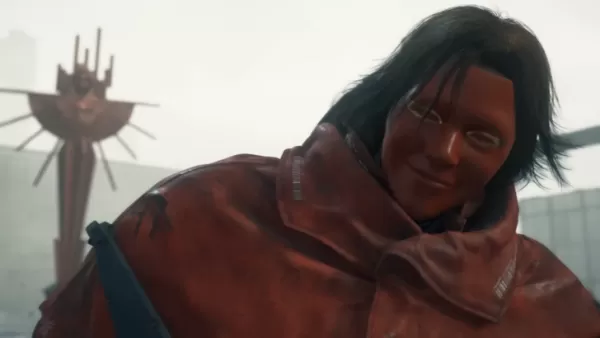The use of artificial intelligence (AI) in video games has become a hot topic recently, with prominent figures like NieR series director Yoko Taro expressing concerns about its impact on the industry. In a recent interview at Famitsu, translated by Automaton, Yoko Taro joined fellow Japanese game developers Kotaro Uchikoshi (known for Zero Escape and AI: The Somnium Files), Kazutaka Kodaka (Danganronpa), and Jiro Ishii (428: Shibuya Scramble) to discuss the future of game creation, particularly in the realm of adventure games.
Kotaro Uchikoshi voiced his apprehension about the rapid advancement of AI technology, stating, "There’s a lot of new games I want to create, but with AI technology evolving at such a high speed, I fear that there is a possibility that AI-generated adventure games will become mainstream." He emphasized the importance of maintaining a "human touch" in game development, as current AI struggles to achieve the level of outstanding writing that human creativity can provide.Yoko Taro echoed these concerns, suggesting that AI could lead to job losses for game creators. "I, too, believe that game creators may lose their jobs because of AI," he said. "There’s a chance that in 50 years, game creators will be treated like bards." Both Yoko and Jiro Ishii agreed that AI has the potential to replicate the worlds and narratives of their games, including the intricate twists and turns.
Kazutaka Kodaka, however, offered a different perspective. He argued that while AI might be able to imitate their styles and works, it lacks the ability to behave like a true creator. He compared this to how other creators could write in the style of David Lynch, but Lynch himself could evolve his style while maintaining its authenticity.
Yoko Taro also suggested the potential use of AI to generate new scenarios, such as additional routes in adventure games. Kodaka, however, pointed out that this could lead to games becoming less of a shared experience due to their personalized nature.
The discussion of AI's role in game development extends beyond these creators. Other notable figures and companies, including Capcom, Activision, Nintendo president Shuntaro Furukawa, Microsoft, and PlayStation, have also weighed in on the topic. Furukawa, for instance, noted that while generative AI can be used creatively, it raises concerns about intellectual property rights.








